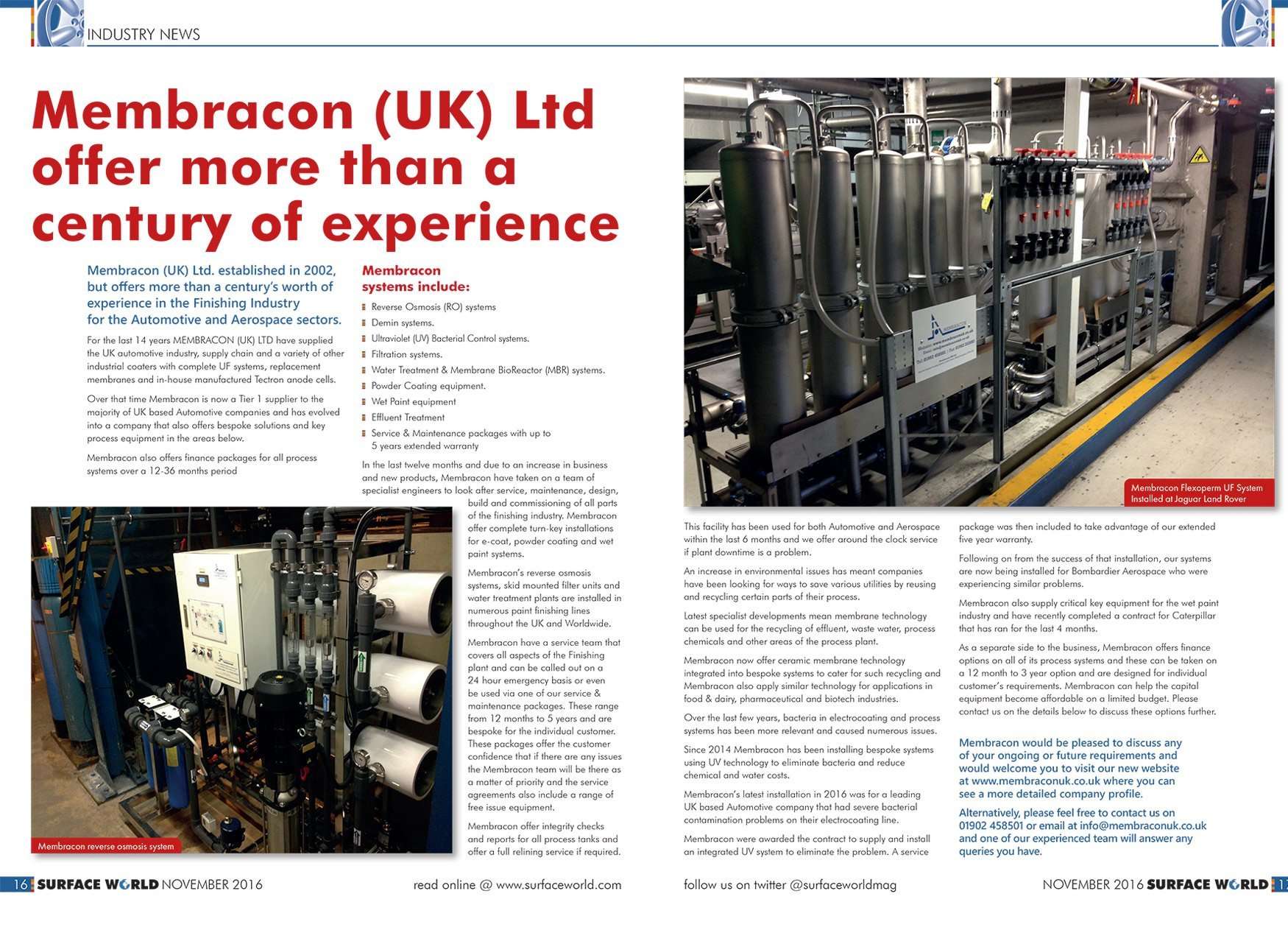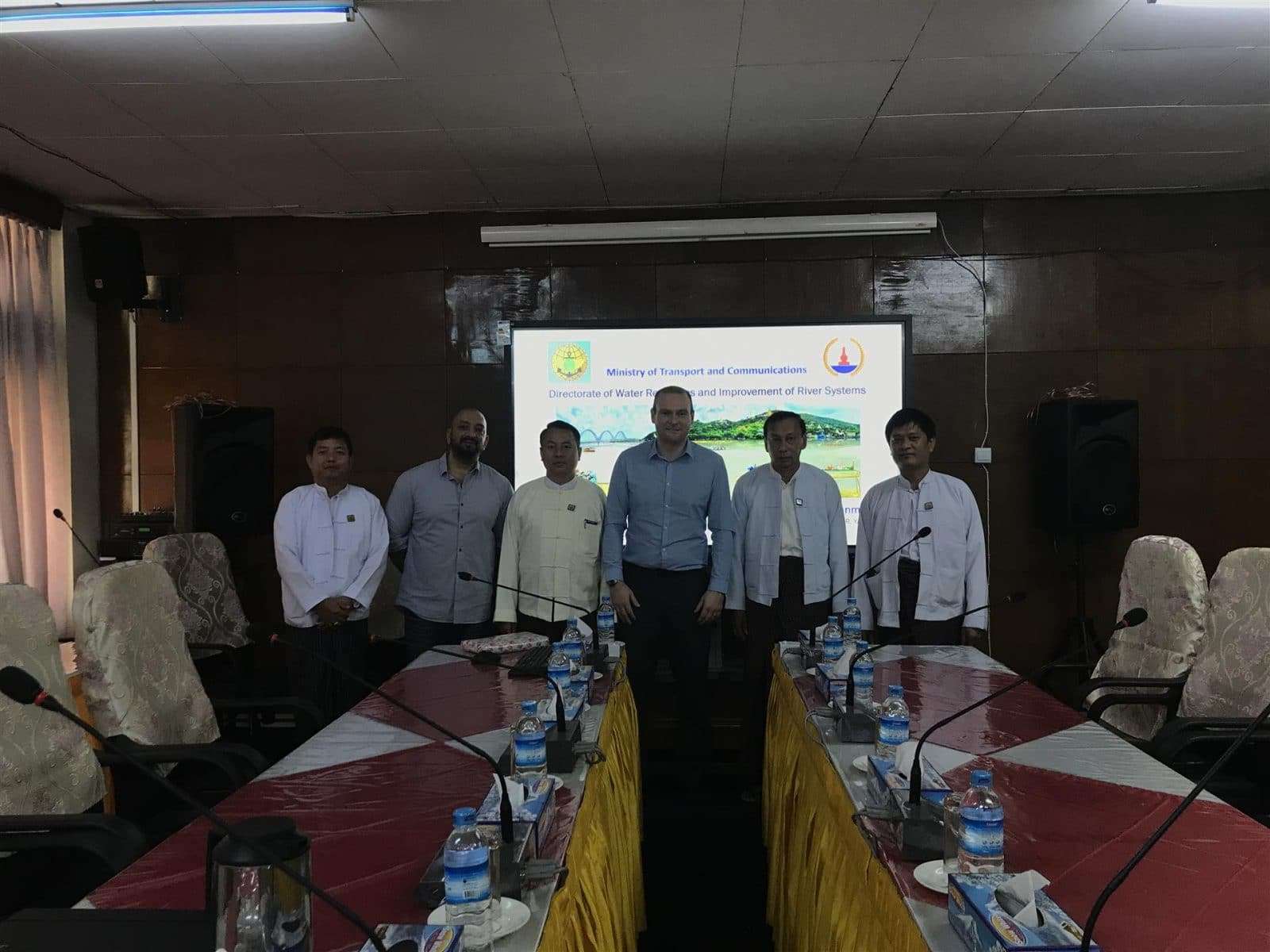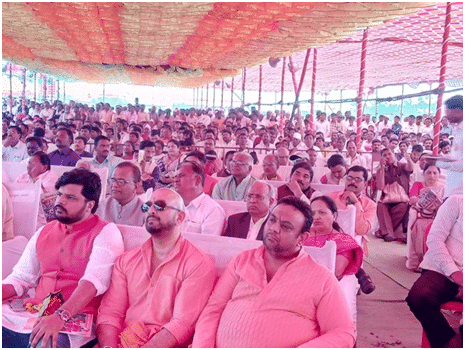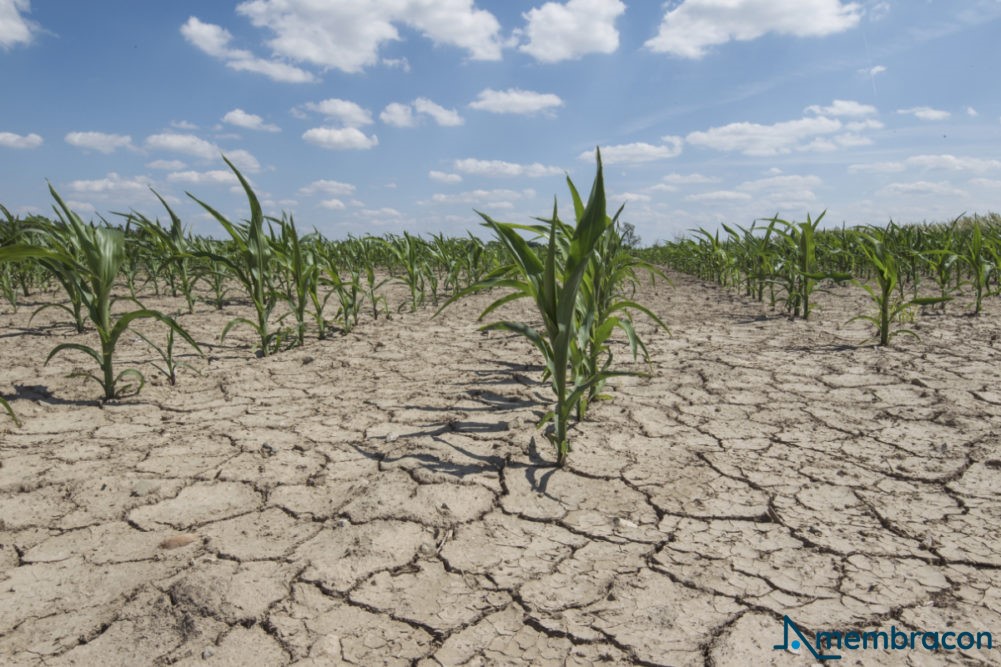
Key Challenges for UK Irrigation in Agriculture
Irrigated agriculture is an integral part of the rural economy, but increasing water use creates several challenges, not least meeting the food demands of a growing population while using as little water as possible to save energy.
In this article, we’ll look at the key challenges for UK irrigation in agriculture, to shed light on what the industry must do to preserve itself.
Greater irrigation demands
Since 1990, irrigation abstractions have been falling because of changes in farming and license conditions. For instance, potato growing has halved in the UK over the last couple of decades, reducing irrigation demand.
This is set to change. Climate change and the increased food demands of our growing population make investment in irrigation systems essential. The challenge lies in planning investment, so that demand can be met.
In the previously linked report, the Government states “water may be abstracted from surface waters and groundwater for irrigation purposes, particularly in areas where there is low rainfall,” but this brings several challenges.
For example, over-abstraction can damage aquatic habitats, cause problems downstream, and cause soil erosion. In any case, it is clear that UK agriculture needs a water strategy with a coordinated effort to improve irrigation across the country.
Climate change
Climate change is a serious concern for UK irrigation. Dryer summers mean significant increased demand on irrigation systems, while greater food demands and regulations over crop quality mean farmers must look for new water sources.
The impacts of climate change – rising temperatures, unpredictable weather – are expected to stress water resources in the long-term.
In many catchments where irrigation is concentrated, water is under threat already. Over-committed resources are making irrigation difficult.
An estimated 10-15% of agricultural land is in catchments with low-flow periods in summer, and unpredictable weather is stretching the problem.
Reclaiming and recycling water
Reclaiming and recycling runoff wastewater from farming processes is one of the biggest challenges farmers face, and an important one to address, because it creates a new water resource independent from freshwater supplies.
As we covered in our article wastewater reuse in irrigation, water treatment systems are able to remove organic contaminants and chemicals, including Ultrafiltration (UF) and biological systems such as the Membrane Bio-Reactor (MBR).
Most farmers have little or no knowledge of these technologies, which limits technology uptake and leads to less efficient solutions.
Membracon can consult with you to assess the best treatment systems for irrigation, with a variation of Sustainable Financing so you can invest with low capital expenditure.
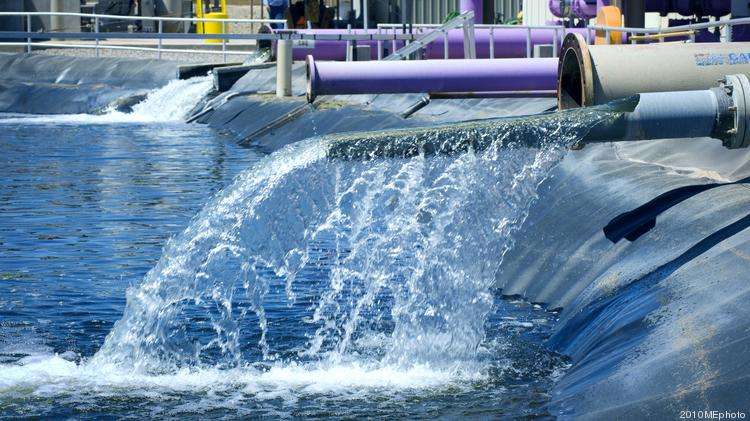
Rising cost of electricity on which technology is dependent
UK agriculture is sensitive to changes in electricity prices because processes like irrigation consume large amounts of energy.
Higher energy prices affect production output and reduce farm income. This has the knock-on effect of reducing investment in new technologies.
All this is why farmers are looking into alternative energy sources, such as solar panels, wind turbines and hydroelectric power. Most farms now use renewable energy in some form. The challenge lies in scaling these technologies to meet demand.
It’s also important for farmers to invest in energy-efficient technologies that consume less electricity. For example, water treatment systems typically become 5% more efficient each generation, and the same goes for irrigation systems.
Start recycling water for irrigation
Membracon offers a turn-key solution for (waste)water recycling, including system design, installation, training, maintenance and servicing. We are aligned on the vision to bringing sustainable solutions for all things Water & Liquid.
Contact us to find out more.









